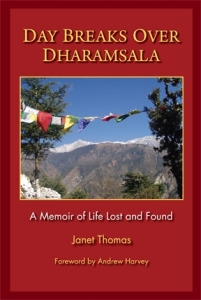Karen Wetmore’s memoir, Surviving Evil: CIA Mind Control Experiments in Vermont, is a moving account of her childhood and confinement as a teenage psychiatric patient in Vermont hospitals. Like many survivors of extreme trauma, she still struggles to make sense of her experiences, but unlike most, she’s done years of investigative work, tracking down every available medical document related to her case. The records revealed she’d been treated by doctors listed as contractors of the CIA’s behavioral experimentation program MKUltra. After her book was published in 2014, she continued to ply the CIA with multiple FOIA requests. Their most recent non-response responses to her were telling enough, they claim the records she’d requested are still classified.
She says, “The Vermont press and the national press remain silent on the information I documented in my book, despite having been informed. A foreign journalist told me that he couldn’t understand why American journalists were not, as he put it, “All over this story.” Again I ask the question: What did CIA do in Vermont institutions that requires such measures to ensure secrecy fifty years later? Beginning in September 2013, I decided to try to find out.
Read the rest of her important revelations on Fire Dog Lake, or order her book.
Posted in: Human Experimentation, Mind Control, Whistleblowers.























